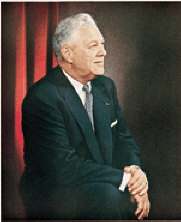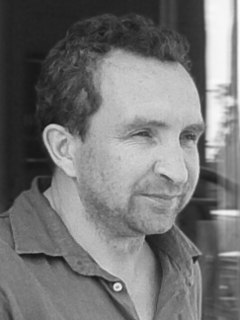A Quote by Eugene H. Peterson
The role of the pastor is to embody the gospel. And of course to get it embodied, which you can only do with individuals, not in the abstract.
Related Quotes
When needs and means become abstract in quality, abstraction is also a character of the reciprocal relation of individuals to oneanother. This abstract character, universality, is the character of being recognized and is the moment which makes concrete, i.e. social, the isolated and abstract needs and their ways and means of satisfaction.
We may very well wake up in the not-too-distant future in a culture that is not only unreceptive but openly hostile to the church and the gospel of Jesus Christ, a culture in which those who proclaim the gospel will be labeled as bigots and fanatics, a culture in which persecution of Christians will be not only allowed but applauded.
I want to submit to you tonight that this country is not gospel-hardened; it is gospel-ignorant because most of its preachers are. And let me repeat this: the malady in this country is not liberal politicians, the root of socialism, Hollywood, or anything else; it is the so-called evangelical pastor, preacher, and evangelist of our day. That is where the malady is to be found.
In the early nineteenth century, the doctrine of self-sufficiency came to apply to families as well as individuals.... The familybecame a special protected place, the repository of tender, pure, and generous feelings (embodied by the mother) and a bulwark and bastion against the raw, competitive, aggressive, and selfish world of commerce (embodied by the father).... In performing this protective task, the good family was to be as self-sufficient as the good man.





































